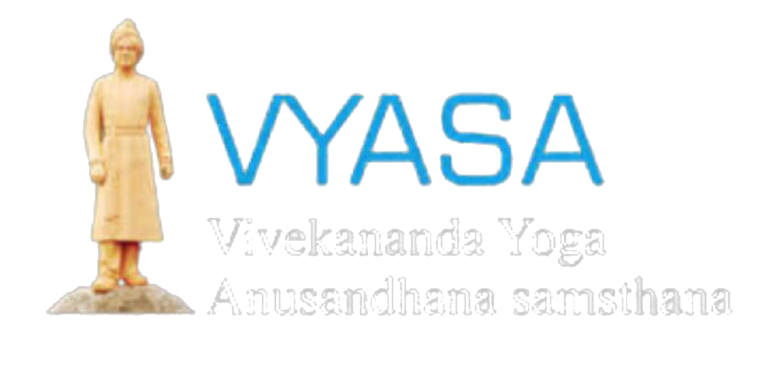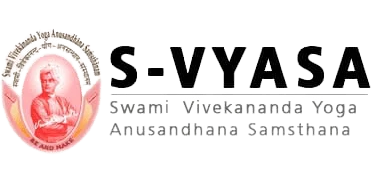Preventive Approaches for COVID – 19 and its variants

Source : Covid Vectors by Vecteezy
All of us have been experiencing the Pandemic situation since Dec 2019. It’s been 2 years now and with the beginning of 2022, things still look bleak. We are amidst confusion and are not clear about what is in store for us.
The two variants of the virus (SARS-CoV-2) that causes coronavirus disease 2019 (COVID-19) are variants of concern. They are the Delta variant which caused havoc as the second wave hit us.
The latest variant which is slowly increasing is Omicron. It’s not yet clear if omicron causes more severe disease but it’s expected that people who are fully vaccinated can get infected and spread the virus to others. However, the COVID-19 vaccines are expected to be effective at preventing severe illness.
In this scenario, following guidelines for preventive health and taking care of one’s immunity is crucial. Good immunity can improve disease fighting ability and reduce the incidence of getting affected too.The systems which are close to our culture ‘Ayurveda & Yoga’ are the 2 biggest boons to mankind when it comes to improving immunity naturally. Let’s understand HOW?
The glory of Ayurveda lies in the concepts of prevention.The concepts of swasthavritta (swatha-healthy,vritta– study) elaborates on ways to maintain health and boost immunity to resist any infection. The idea underlying the prevention is that one should eat food and follow a regimen which is essentially based on daily requirement and seasonal requirement.
Dinacharya – Daily regimen involves practices from waking up in the early morning until bedtime. Some of the practices like kavala and gandusa (2 variants of gargling) are meant for enhancing oral hygiene. Practices such as oil pulling with sesame oil or medicated herbal decoctions will help preserve oral health. Nasya (nasal errhine) and dhoomapana (medicated smoking) are two regimens of a day to boost upper respiratory immunity. Inculcating these practices regularly can reduce the incidence of respiratory disorders.
Ṛtucarya – seasonal regimen
Ayurveda enumerates 6 seasons (Siśira – winter, Vasanta – spring, Griśma – summer, Varsha – monsoon, Sarad – autumn, Hemant – late autumn).
The knowledge of Ritucharya is a first hand guide to the concept of Kriya-Kala, which describes the the development of diseases with regards to the state of different Dośas in accordance with the changes of time. This understanding is very essential for early diagnosis and prognosis to adopt preventive and curative measures.
Herbs
Ashwagandha (Withania somnifera) – Commonly used as a anti stress herb, Ashwagandha is a potent immune modulator. Its commonly used in churna form (powder form) with honey, water or milk. It’s a potent regenerative tonic.
Guduchi (Tinospora cordifolia) – Also called Gulvel in Hindi or Amrutaballi in Kannada, it’s a popular herb to fight respiratory problems. The starch of it called ‘Satva’ or the tablet form of Guduchi as ‘Sanshamani vati’ are very popular.
Amalaki (Emblica officinalis)- Also called Amla or Nellikai in Kannada, this popular fruit is used in Indian kitchen and menu in the form of pickles and jams. Come winter and Indian families procure Amla to store it for the year. This indicates that is extremely useful in preventing problems of Winer such as Cold and Flu. Rich in Vitamin C, Calcium, Iron and Vitamin B, Amla is likable by all.
To quote Hippocrates,
" Whoever wishes to investigate medicine properly should proceed
thus in the first place to consider the seasons of the year and
what affect each of them produces "
The insights from Ayurveda can be considered most useful and essential while focusing on health promotion. Since host factors play a key role in the disease manifestation, strengthening the immune system is a key component.
‘Yoga’ which encompasses practices such as Asana, Pranayama, Meditation has the ability to resist the cellular impairment. Yoga practices restore autonomic reflex regulatory mechanisms, creating a balance between sympathetic and parasympathetic limbs of the nervous system. Studies have also shown that Yoga increases Antibodies such as IgA, Salivary cortisol etc and provides anti-inflammatory response. Tjus practice of Yoga regularly augments immune system.
Article By :
Dr.Vasudha sharma




